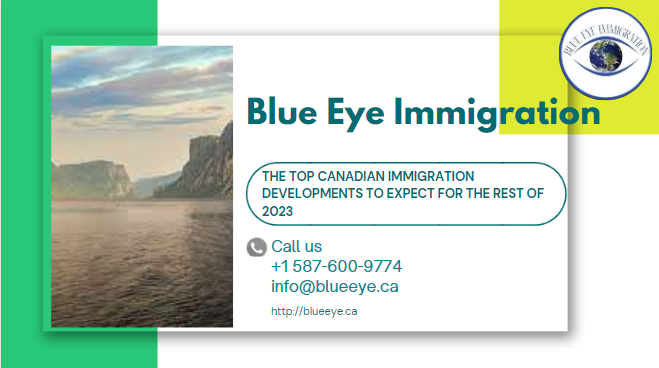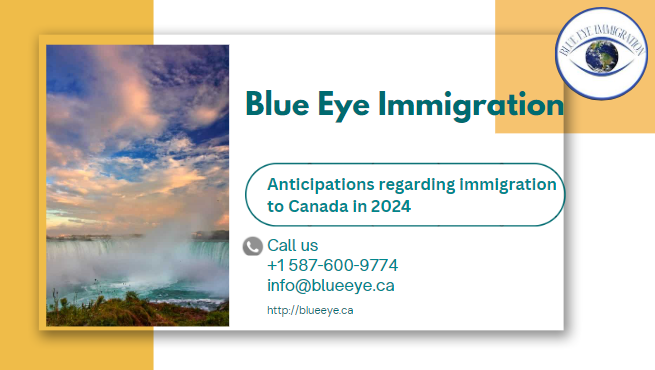Fall and the lead-up to the Christmas holiday period are typically busy seasons for developments from Immigration, Refugees and Citizenship Canada (IRCC) and Canada’s immigration system in general.
While there are a lot of moving parts to Canada’s immigration system, there are several key developments to watch for as the year comes to a close.
These include potential changes in Canada’s immigration policy priorities and permanent residence levels, and updates to the parents and grandparents, international student, and work permit programs.
New Ministerial Mandate Letter?
Prime Minister Justin Trudeau may issue a new Ministerial Mandate letter in the coming months.
Mandate letters act as instructions to ministers from the Prime Minister on the government’s objectives for their term.
In other words, the letter to Canada’s Immigration Minister shapes the country’s immigration policy and will help determine how IRCC acts moving forward.
The Prime Minister may choose to issue new mandate letters following a cabinet shuffle, such as the one that occurred this summer when Marc Miller became Canada’s new immigration minister but there is no obligation for the Prime Minister to issue a letter at all and Minister Miller may simply pick up where Sean Fraser, the previous minister left off.
The last mandate letter requested that the minister continue to welcome newcomers under the Immigration Levels Plan to help reunite family and strengthen Canada’s economic growth and recovery post-pandemic.
Immigration Levels Plan 2024-2026
In non-election years, IRCC is legally required to release its Immigration Levels Plan by November 1st.
The plan outlines the targets for the number of permanent resident admissions and further breaks it down to the class of immigration (economic, family or refugee and humanitarian) and then the program. For example, the 2023-2025 plan shows that by the end of 2025, Canada will admit 500,000 new permanent residents per year of which 301,250 will be economic class and of those, 114,000 will be Express Entry candidates.
It is not known if IRCC will decrease, increase, or maintain the targets when it releases the 2024-2026 levels plan this year. Immigration Minister Marc Miller has said that he doesn’t see the targets decreasing.
“I don’t see a world in which we lower [immigration targets], the need is too great … whether we revise them upwards or not is something that I have to look at but certainly, I don’t think [we will] lower them,” said Miller.
Office of the Auditor General Report on Processing Immigration Applications
The Office of the Auditor General (OAG) is charged with reviewing the internal workings of Canada’s government and finding areas that require improvement, as well as identifying successes.
It is expected that by the end of the year the OAG will release an audit to determine if IRCC has processed permanent resident applications as promptly and efficiently as possible to ensure that the department is meeting its objectives to support Canada’s economy, reunite families and assist humanitarian class applicants.
The audit is not expected to cover processing of non-permanent resident applications.



